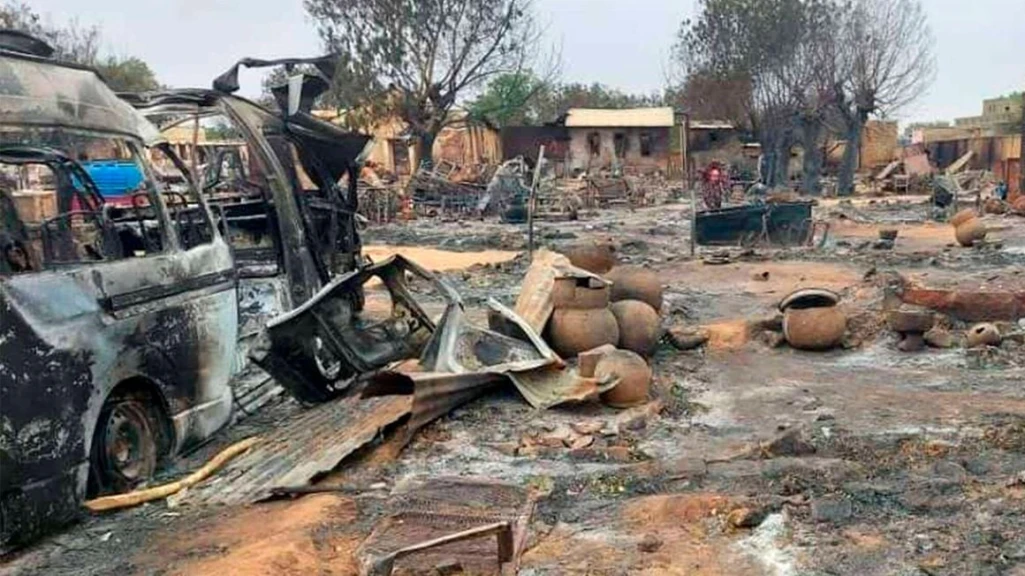
The international community has developed fatigue over the Sudan conflict as the country veers towards a failed state, rights watchdogs say.
A group of 50 human rights organisations led by the Executive Director of Human Rights Watch (HRW), Tirana Hassan says that Sudan is “no longer at the precipice of mass atrocities; it has fallen over the edge”.
Apart from HRW, other groups that raised the concern include Open Society Foundations, Darfur Women Action Group, Genocide Alert, Amnesty International, Mercy Corps, Sudan Transparency and Policy Tracker, Atrocities Watch and Carter Centre among others.
The group says, in a statement, that human rights abuses have now spread to Darfur and the states of South Kordofan and Blue Nile, covering the southwestern region of Sudan where violence in the past led to indictment of former President Omar al-Bashir by the International Criminal Court.
Sexual violence is rising, civilians are facing widespread deliberate and indiscriminate attacks, and journalists and human rights defenders are being silenced.
Yet, the United Nations Security Council, which has had Sudan on the agenda for decades, has yet to pass a single substantive resolution grappling with the ongoing crisis. This week, it met under a cloud of controversy: The UN Secretary-General Special Representative to Sudan Valker Perthes quit his job after addressing an open briefing session on Sudan. Khartoum had withdrawn his diplomatic credentials.
Over 20 million people, 42 percent of Sudan’s population, face acute food insecurity and 6 million are just a step away from famine. At least 498 children have died from hunger.
“The UN Security Council should move from talk to action and begin negotiations to pass a resolution that challenges the climate of impunity, reiterates that international law requires providing safe, unhindered humanitarian access, and redirects international efforts to better protect Sudan’s most vulnerable,” the leaders said in their joint statement.
The statement warns that the costs of inaction are mounting. “In the face of mounting atrocities in Sudan, the Security Council has neglected its responsibility to robustly respond. The world’s foremost body on international peace and security should not remain silent in the face of grave international crimes,” said Tirana Hassan.
According to Mark Hetfield, the president and CEO of the refugee protection organization, in the past few months, refugee camps in Chad have swollen with people forced from their homes.
“Darfuris are arriving hungry, wounded, and traumatized. They need urgent assistance and protection, but they also need the world to mobilize for an end to the targeted violence that is causing so much death, devastation, and displacement across Sudan,” he said.
Just like Rwanda in 1994 and the outbreak of violence in Darfur in 2003, the world appears to be watching Sudan silently as the situation gets worse.
Niemat Ahmadi, president and founder of the Darfur Women’s Action Group, is concerned that despite the world promising after the Rwanda genocide never again allow genocide and other mass atrocities to take place on the African continent, the same patterns are at work again in Sudan, given that those responsible for previous atrocities were never brought to justice.
According to Agnès Callamard, Amnesty International’s secretary general, the Security Council cannot continue to look away: it should demand a significant increase in humanitarian support for Sudan, extend the existing arms embargo to all of Sudan, and ensure its enforcement.
“Civilians in Sudan are caught in an endless cycle of death and destruction, with countless lives lost to violence in the last five months,” she said.
Since April, when open hostilities began in Khartoum, more than five million people have been forced to flee their homes and hundreds of thousands of others may soon be forced to join them.